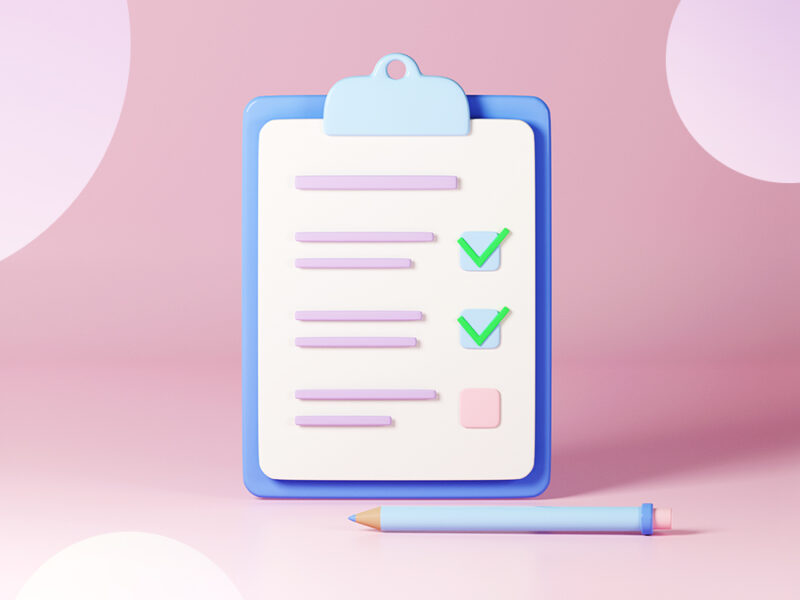Are you getting ready for a teaching interview? As an educator, it’s important to prepare for the interview process to ensure that you showcase your qualifications, experience, and teaching philosophy. In this article, we’ll discuss common questions you may encounter during a teaching interview and share best practices to help you ace your interview.
Research the School and Curriculum
One of the most important things you can do to prepare for a teaching interview is to research the school and the curriculum they use. This will help you understand the school’s values, culture, and goals, which can be important when answering interview questions. You can typically find this information on the school’s website or by reaching out to someone who works at the school.
Additionally, by researching the curriculum, you can prepare examples of how you would teach certain subjects and skills. Look for ways to align your teaching philosophy with the school’s curriculum and values. For example, if the school emphasizes project-based learning, you may want to prepare examples of how you have used project-based learning in the past.
Practice Common Interview Questions
Another important step in preparing for a teaching interview is to practice common interview questions. Some questions you may encounter include:
- What is your teaching philosophy?
- How do you differentiate instruction for students with different needs?
- How do you incorporate technology into your teaching?
- How do you handle classroom management and discipline?
By practicing these questions ahead of time, you’ll be able to articulate clear and thoughtful responses during the interview. Make sure your answers are specific and show how you have implemented these strategies in the past.
Bring Examples of Your Work
During the interview, you may be asked to provide examples of your work as a teacher. This could include lesson plans, student work, or a portfolio of your accomplishments as a teacher. By bringing these examples, you can demonstrate your expertise and experience, and give yourself something to reference during the interview.
When selecting examples of your work, choose those that demonstrate your strengths as a teacher. For example, if you are particularly skilled at differentiated instruction, choose a lesson plan that showcases this. If you have a portfolio of your work, make sure it is well-organized and easy to navigate.
Highlight Your Achievements
Another important aspect of preparing for a teaching interview is to highlight your achievements as a teacher. This can be a great way to set yourself apart from other candidates and demonstrate your effectiveness as an educator. Some achievements you may want to highlight include:
- Improved test scores
- Student engagement
- Innovative lesson plans
- Collaboration with other teachers or staff
- Involvement in extracurricular activities
When discussing your achievements, be specific and provide evidence to support your claims. For example, if you improved test scores, provide data that shows the increase in scores.
Ask Questions
At the end of the interview, you’ll typically have the opportunity to ask questions. This is a great way to demonstrate your interest in the position and the school, as well as learn more about the job. Some questions you may want to ask include:
- What is the school’s approach to professional development?
- How does the school support students with special needs?
- What are some of the school’s goals for the upcoming year?
By asking thoughtful questions, you’ll show that you’re invested in the school and the position, and you may gain valuable insights that can help you in your job.
Recommended Post:
- 10 Simple and Effective Ways to Save Money in Australia
- The 7 best gifts for Australian travellers
- 8 Essential Tips for Planning Your 2023 Australian Cruise
- The Best Places to Enjoy Marine Life in Australia
In conclusion, preparing for a teaching interview takes time and effort, but it’s worth it to showcase your qualifications and experience. By researching the school and curriculum, practicing common interview questions, bringing examples of your work, highlighting your achievements, and asking questions, you’ll be well on your way to acing your teaching interview and landing your dream job as an educator.






